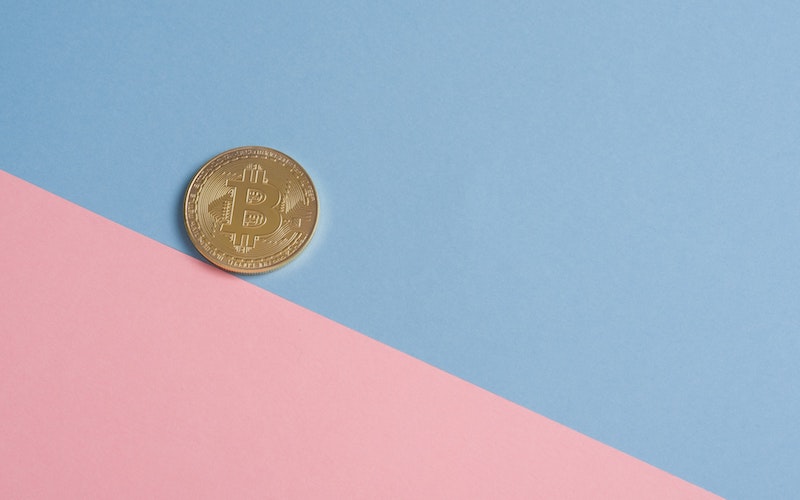
Becoming a blockchain developer is an exciting experience because taking part in this job title requires a little more than just programming skills. If you’re already in the development field, you’ll have a better chance of pivoting into this new career, but even newcomers won’t have too much issue honing their skills and getting started.
Two Types of Blockchain Developers
Before you search online for some of the top blockchain certification courses, you’ll need to know which direction you’re heading. Most blockchain developer positions fall into two categories: Core Developers and Software Developers. Let’s go through each role.
Core Blockchain Developers
As a core developer, you’ll be responsible for architecture development. You’ll design protocols that are necessary to perform a blockchain solution successfully, but you’ll also need to prioritize consensus protocol and the ability to make high-level decisions. Other responsibilities include: designing security for the networks and troubleshooting blockchains.
Blockchain Software Developer
Software developers have the primary role of developing and implementing blockchains that a core developer created. You’re responsible for building decentralized applications, implementing smart contracts, and ensuring these applications run as intended. You may also be responsible for integration if your company possesses other apps or services in this network.
How to Become a Blockchain Developer
Step 1: The Basics
You’ll need to start researching basic blockchain concepts, architecture, and ideas. Learn about public vs. private blockchain networks, decentralization, and how consensus achieves a smoother decision-making process in a network. Then, take the time to understand blockchain terminology and popular development tools.
Besides the technical aspects, you should know which technologies are the most common but focus on ICOs and cryptocurrencies. Understanding cryptocurrency is crucial for your job, so prepare to study basic algorithms tied to popular blockchain solutions. It’s better to use these algorithms, then create your own.
Finally, learn about the blockchain ecosystem. While it works in a similar way the government-backed currencies worked in the past (based on supply-and-demand aka the federal reserve), there are still some unique aspects to blockchains. Be sure to pay attention to Blockchain as a Service (Baas), dApps, and enterprise blockchain platforms during this process.
Step 2: The Blockchain Process
Now that you’ve learned what makes a blockchain unique, you’ll have to use that information in a real-world context for practice. It’s vital that you use your skills to improve them further, plus you’ll have a better chance at landing a job if you have real-world examples. Start by working with basic cryptocurrency but avoid investing or trading.
Buy cryptocurrency and store them in an offline wallet so you can go through the process yourself to understand how it works. You’ll need to create wallets with private keys, so your information stays safe from potential threats.
Step 3: Begin Coding
With the fundamentals laid, you now have enough practical understanding of cryptocurrency. Many beginners learn Solidity because it can help you create smart contracts on the Ethereum blockchain and develop dApps. Many blockchain platforms are open-source, so others can view and give feedback on your code.
You’ll need to create a simple block, a blockchain, implement a genesis block, add blocks to said blockchain, validate the chain, and do some test runs. If you do this successfully, you have created your first blockchain. Now, you’ll just need to keep up the blockchain’s performance and security to maintain the software.
Step 4: Smart Contracts
A smart contract is a computer program or transaction protocol that automatically executes actions according to the terms of a contract or agreement. Learning smart contracts will allow you to automate the functionality of your dApps and includes three main features, including terminable, deterministic, and isolation.
Step 5: Always Improve
You’ll need a lot of practice to become a fantastic blockchain developer, so keep developing and improving as you go. We would recommend joining blockchain communities on the web like 101blockchains.com so you can ask questions and receive feedback. You can also ask Reddit communities to help correct your code in real-time.
Suggested Read: Bitcoin & Cryptocurrency Website Templates
Cover Photo by Moose Photos from Pexels
